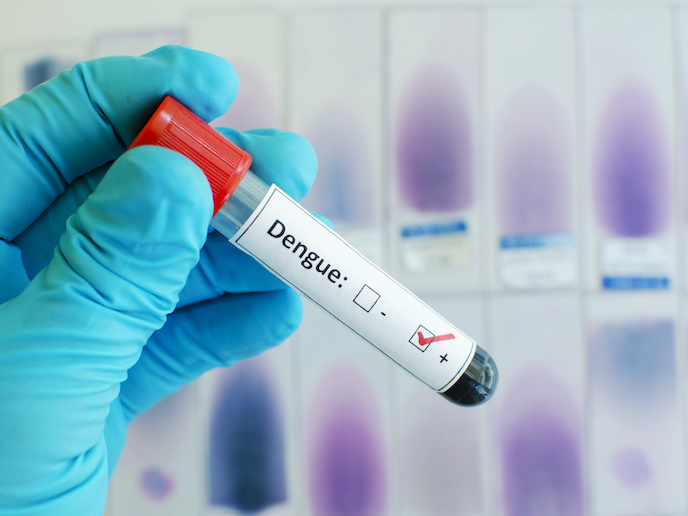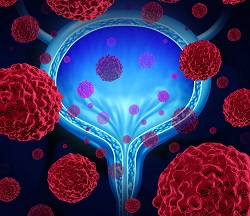Putting old drugs to new use: the paradigm of bladder cancer
Despite the recent significant advances in diagnosis, treatment and care, bladder cancer (BC) remains among the most prevalent cancers globally, with the highest lifetime treatment costs on a per-patient basis. Existing treatments only work for a proportion of patients, while therapy discontinuation is frequent due to the numerous side effects of currently used drugs. Moreover, the high recurrence rates and acquisition of drug resistance necessitate the identification of novel, effective therapeutic strategies.
Bladder cancer molecular signature drives drug identification
To address the high disease heterogeneity and the limitations of the current therapeutic modalities, the ReDrugBC(opens in new window) project turned to drug repurposing. The research was undertaken with the support of the Marie Skłodowska-Curie Actions(opens in new window) (MSCA) programme and aimed to develop novel therapeutic strategies for BC. “Drug repurposing is a cost-effective strategy aimed at reusing existing drugs for new therapeutic purposes, potentially opening new avenues towards more effective BC treatment,” explains the MSCA research fellow Marika Mokou. ReDrugBC analysed the molecular profile of patient tumours and used it to predict drug efficacy. Through bioinformatics tools and resources, researchers identified drug candidates with the potential to reverse the molecular signature of patients with BC. They tested these drug candidates in vitro in BC cell lines and selected compounds with the highest therapeutic efficacy. To unravel the mechanism of action and understand potential variations in drug responses, researchers investigated the proteomic changes in treated cells.
Drug repurposing pipeline
ReDrugBC developed a drug repurposing pipeline(opens in new window) that led to the identification of candidate drugs for BC treatment. A total of 14 compounds were identified that had not been previously studied in the context of BC. Of these, three candidates demonstrated efficacy in all BC cell lines tested, in the micro- or nanomolar range. The selected drugs are currently under investigation in preclinical models. After confirming efficacy, the next step will be to proceed with clinical studies, possibly by next year. Furthermore, the established drug repurposing pipeline can be further extended to other cancer types.
The future of bladder cancer treatment
According to Mokou, “the most significant achievement of ReDrugBC was the introduction of the concept of drug repurposing in BC using patients’ molecular signatures.” This is a concept not previously explored for this disease that may accelerate clinical trials and open new avenues towards personalised therapy of BC. In comparison to other approaches, ReDrugBC moved beyond the state of the art and employed an integrated multilayer approach that included cross-omics analyses as well as drug screening. This allowed researchers to explore not a single target but the patients’ entire molecular signature (composed of hundreds of proteins), targeting disease heterogeneity. Close collaboration with urologists and scientists who are leaders in the field of oncology, as well as support from pharmaceutical companies, will help translate ReDrugBC findings into clinical practice. This close cooperation is of paramount importance to reach the ultimate goal: to improve BC treatment.







